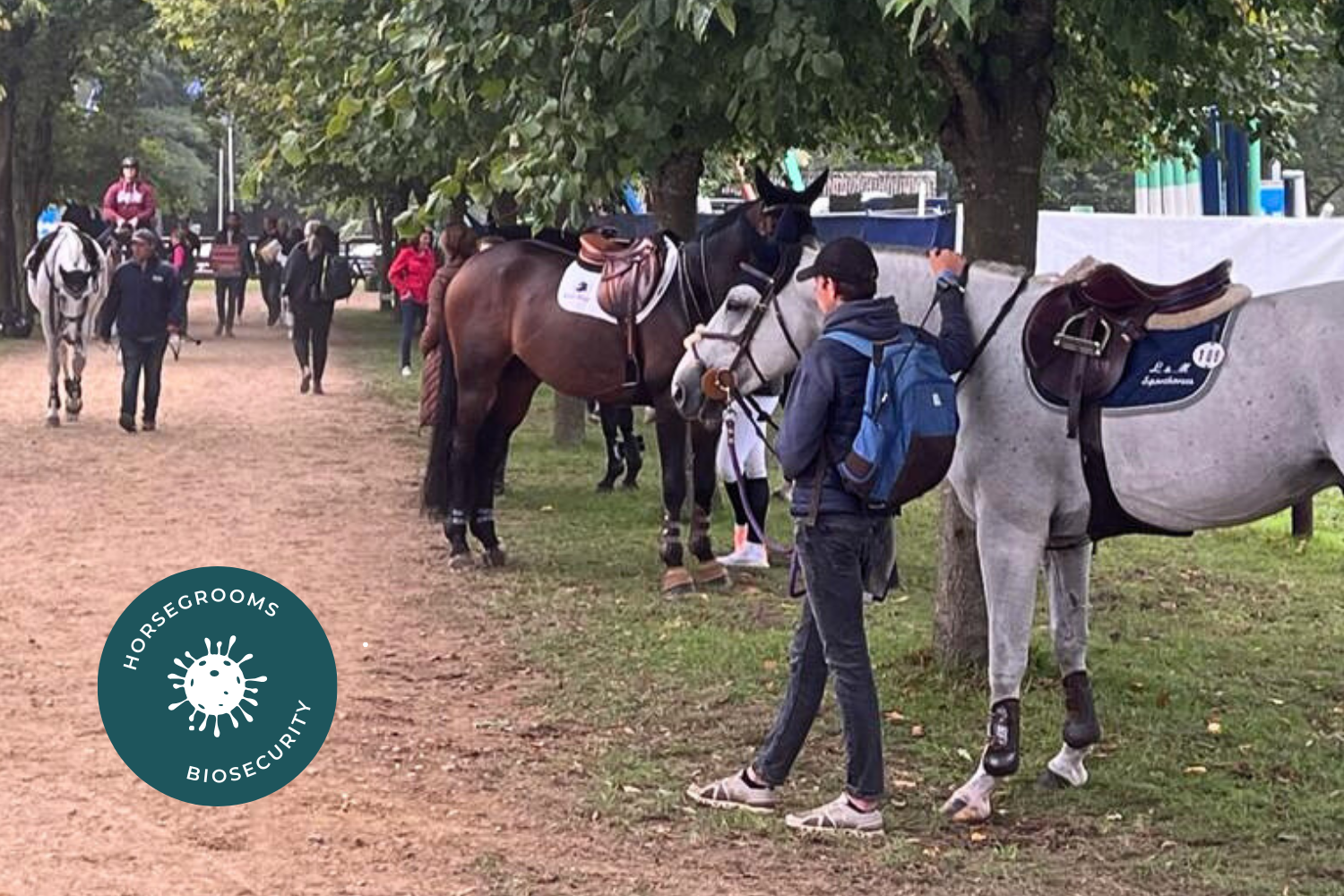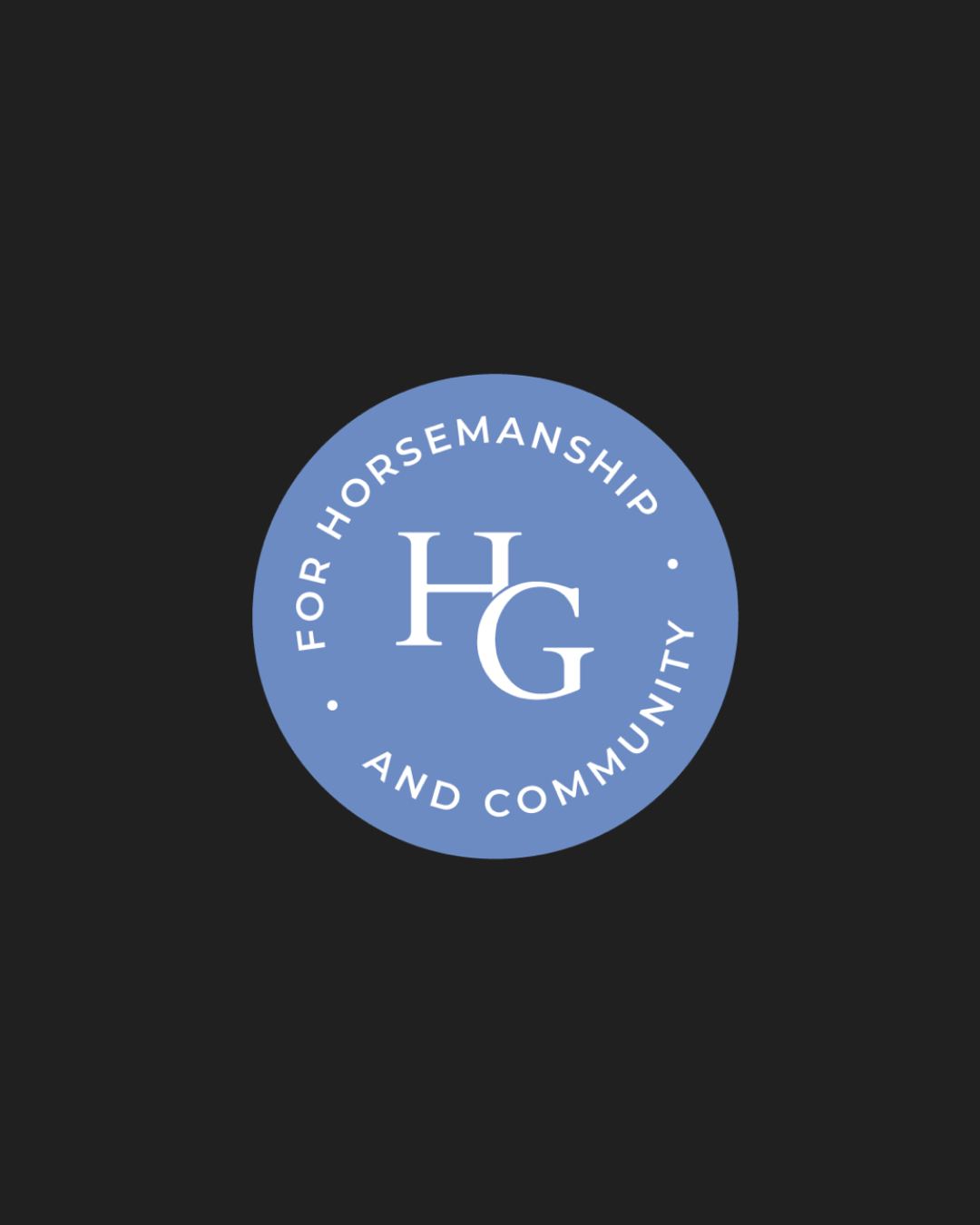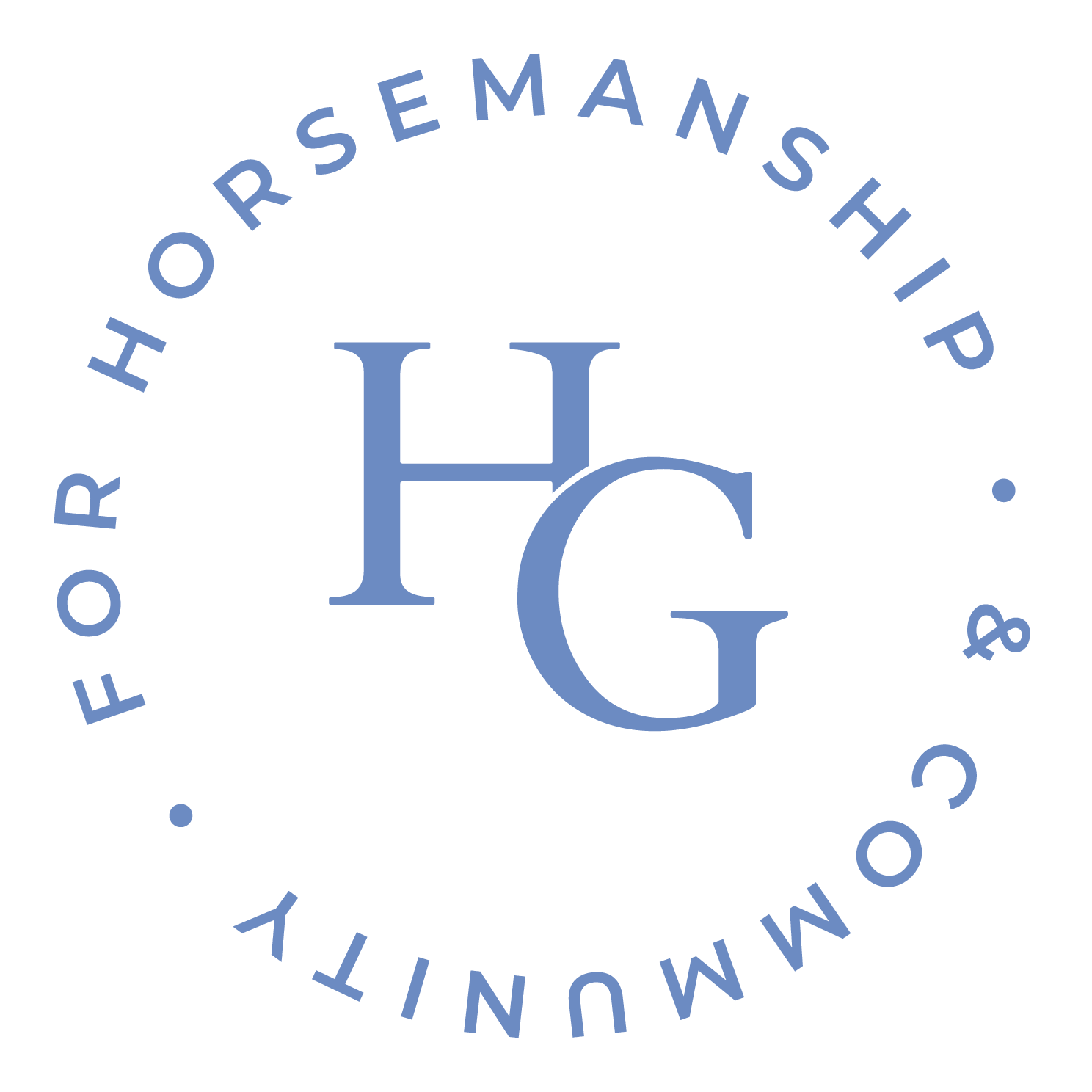In the coming days, HorseGrooms delves into the importance of biosecurity, emphasizing the critical responsibilities of grooms in safeguarding the health of horses and preventing the spread of diseases.
Log in (or sign up for free) to the HorseGrooms Community to take advantage of our Biosecurity Week – held Jan. 26 – Feb. 1 – which includes exclusive courses, articles and videos. Our Biosecurity Week culminates with EnviroEquine & PET’s Cocktails & Conversation event, held on Feb. 1 at the Winter Equestrian Festival in Wellington, Florida which features keynote speaker Dr. Johnny Mac Smith and a Q&A panel discussion. Be informed and protect the welfare of your equines by joining us for Biosecurity Week.
What Is Biosecurity?
Biosecurity refers to the steps taken to prevent the introduction and spread of infectious diseases within a group of animals. Biosecurity is extremely important in the equestrian world for various reasons, all of which contribute to keeping horses healthy, maintaining the integrity of the industry, and protecting investments.
Some Key Takeaways Regarding Biosecurity in the Equestrian World
- Horses are Prone to Diseases: Like any other animals, horses can easily get sick from various infectious diseases. These diseases can quickly spread in confined spaces like stables or during events, affecting many horses.
- Protecting Equine Health: Biosecurity measures, such as vaccination programs and hygiene practices, help keep horses healthy, ensuring they are fit for training, competitions, and breeding.
- Preserving Industry Reputation: Outbreaks affect public perception: Disease outbreaks can harm the reputation of equestrian businesses, causing concerns among horse owners, trainers, and the general public. Following strong biosecurity practices shows a commitment to animal welfare and professionalism, maintaining a positive image for the industry.
- Costs of Disease Management: Dealing with the consequences of a disease outbreak can be expensive. Biosecurity measures, like proper quarantine protocols and hygiene practices, prevent the introduction and spread of diseases, reducing the economic impact on businesses.
- Global Horse Transportation: Adhering to biosecurity standards is crucial for the international movement of horses, preventing the introduction of diseases to new regions. Read the HorseGrooms article on vaccination requirements in Europe.
- Legal and Regulatory Requirements: Many regions have specific biosecurity regulations for equestrian establishments. Complying with these regulations not only avoids legal issues but also ensures the health and safety of the equine population.
- Owners Expect Best Practices: Horse owners and stakeholders trust their animals to equestrian professionals like us grooms, expecting that best practices are followed. Demonstrating a commitment to biosecurity assures owners that their horses are in good hands.
- Early Detection is Key: Biosecurity measures enable the early detection of potential health issues. If your horse has a temperature, don’t take it to a horse show. It’s a responsible thing to do. This allows for prompt intervention, reducing the severity and spread of diseases.
In summary, biosecurity is indispensable in the equestrian world as it directly influences the health and performance of horses, protects the reputation of the industry and minimizes financial and legal risks. By prioritizing biosecurity, equestrian professionals, including grooms, contribute to the sustainability and success of the equestrian business.
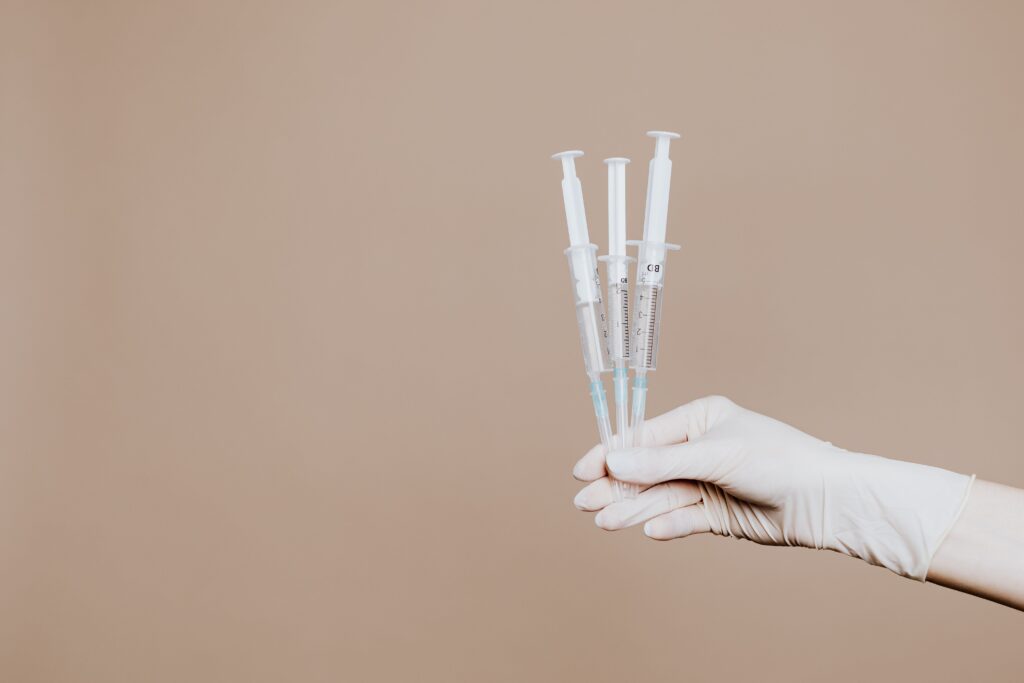
The Groom’s Impact on Biosecurity
Isolation Protocols
Keep a close eye on horses returning from an event. Isolation is recommended until you are sure the health status of the horse is confirmed. We know this is almost impossible for many stables, but it is good to be aware so you can do everything in your power to make sure the horse is healthy before you let it or its equipment get in contact with other horses or equipment.
Hygiene Practices
Try to keep high hygiene standards in your stable, grooming areas and regarding equipment. Regular disinfection of brushes, tack and grooming tools is essential to prevent the spread of pathogens (a pathogen is a microorganism that causes, or can cause, disease).
Vaccination Management
Make sure the horses in your care are up to date on vaccinations. Maintaining accurate records and schedules is crucial for preventing outbreaks of contagious diseases. (Check back in our HorseGrooms Community to see our course on vaccinations).
Visitor Control
Implementing visitor protocols, such as hand sanitization and clean clothes when they have visited another stable, helps minimize the risk of introducing infections.
Environmental Management
Proper waste disposal, pest control, and monitoring of water sources contribute to a biosecure facility.
Observation and Reporting
Grooms normally spend the most time with the horses, making them the first line of defense against potential health issues. A keen eye for signs of illness and prompt reporting to the barn manager or veterinarian is extremely important for early intervention.
Adaptability and Flexibility
The equestrian world is dynamic, with horses frequently moving between locations for competitions or breeding purposes. Grooms should adapt quickly to new environments and adhere to biosecurity measures wherever they go.
Conclusion
Biosecurity is a collective responsibility within the equestrian community, and all of us grooms stand at the forefront of this defense. By understanding and implementing biosecurity measures, grooms not only contribute to the individual well-being of the horses under their care but also play a vital role in maintaining the health and integrity of the entire equestrian industry.
Biosecurity Event on February 1 at WEF

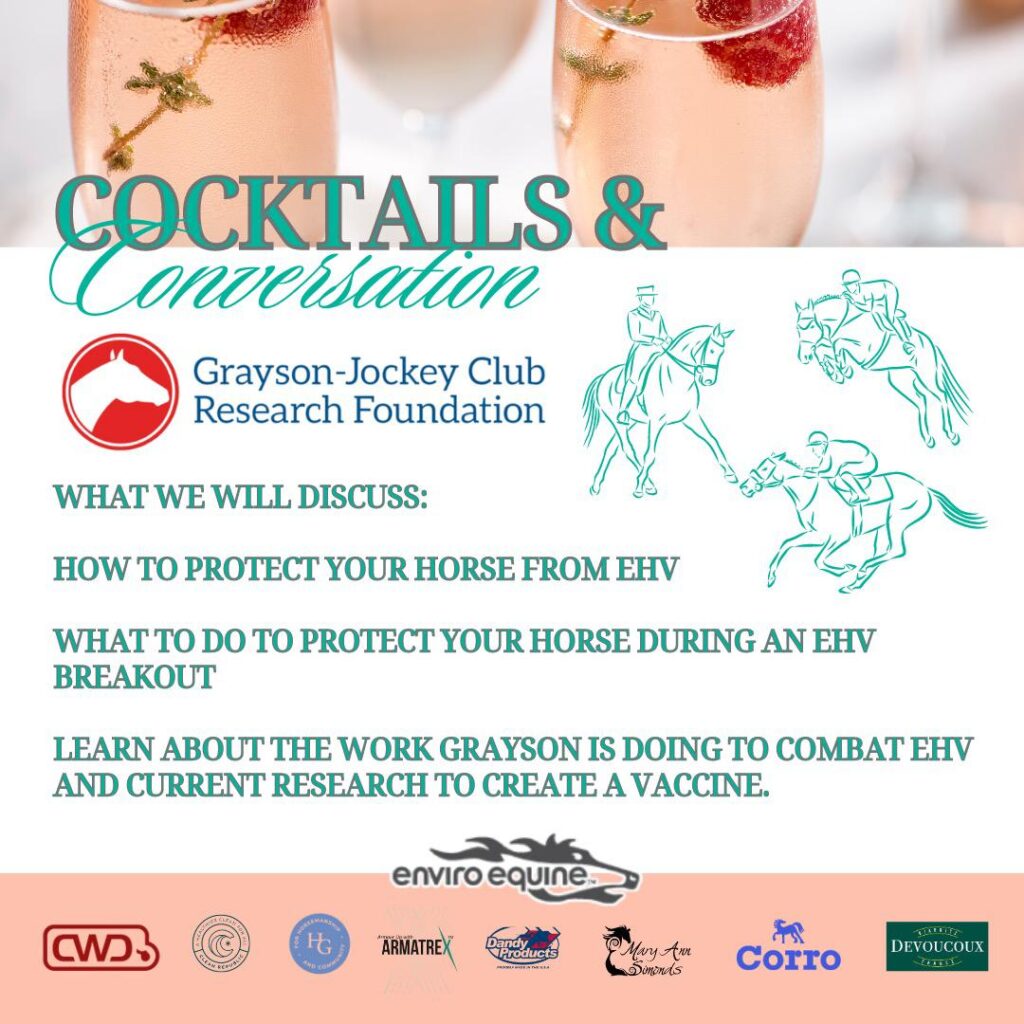
HorseGrooms is a platform of resources, education, and support for grooms by grooms. This is an online community, hub of resources, and spotlight of industry highlights born out of love for the horse and love for the sport. But our mission goes beyond simply providing resources and creating content.
Our goal is to create a space to keep horsemanship alive; for grooms to support and educate each other; and to help advance the craft of grooming. HorseGrooms is dedicated to ambitious grooms everywhere.
